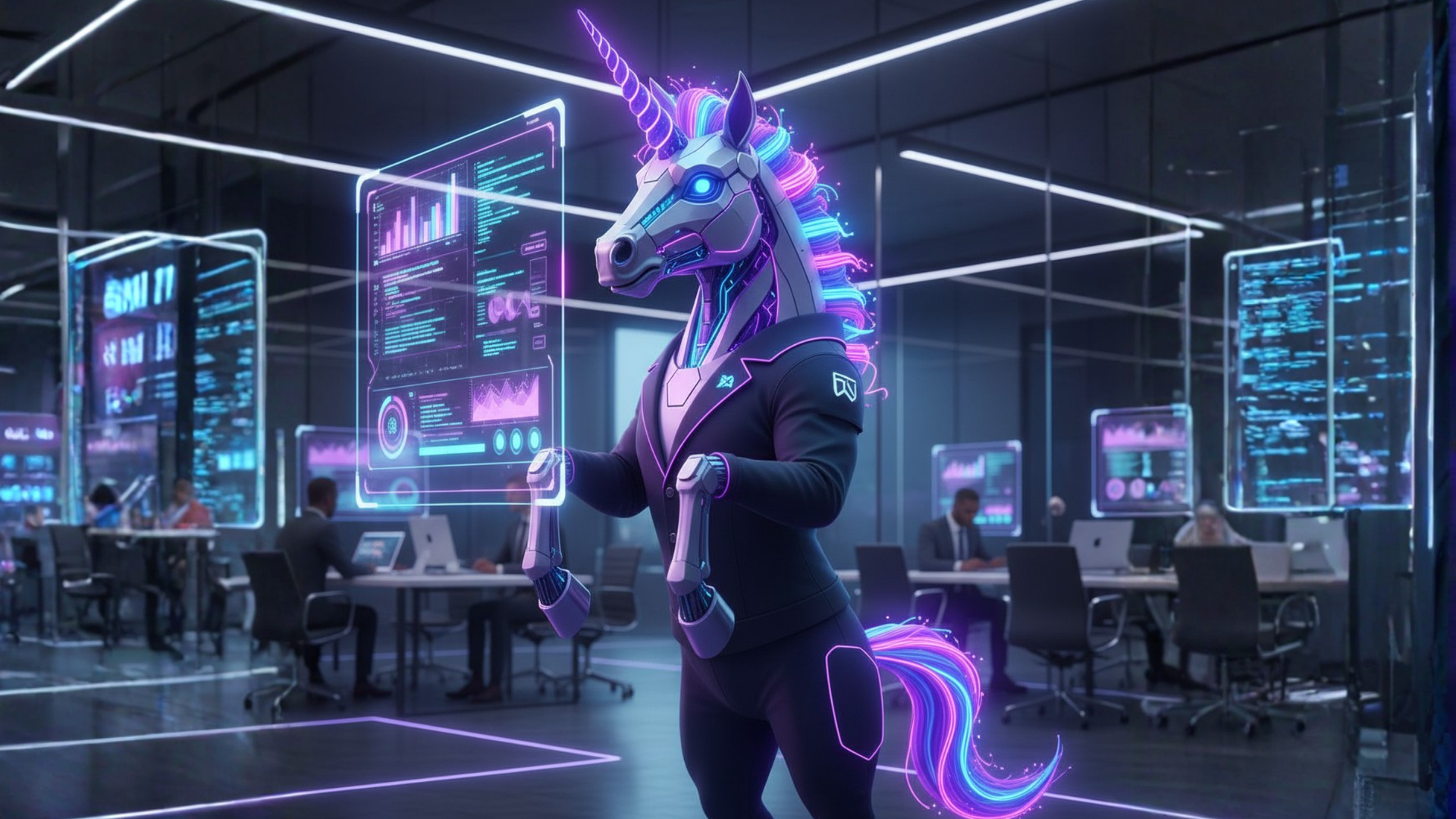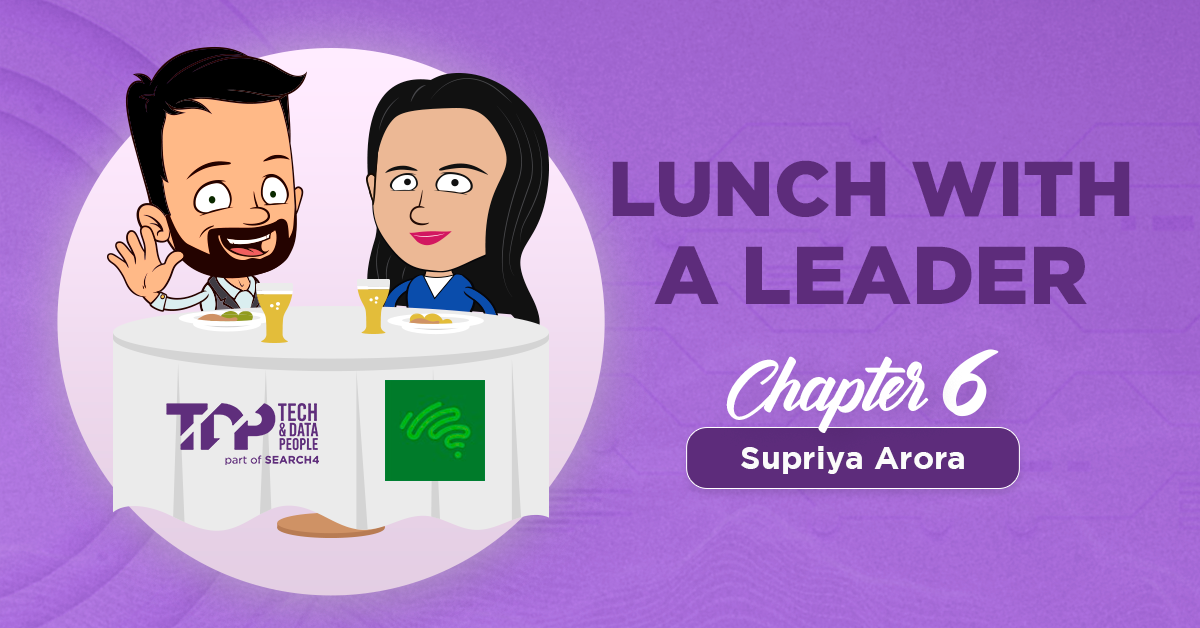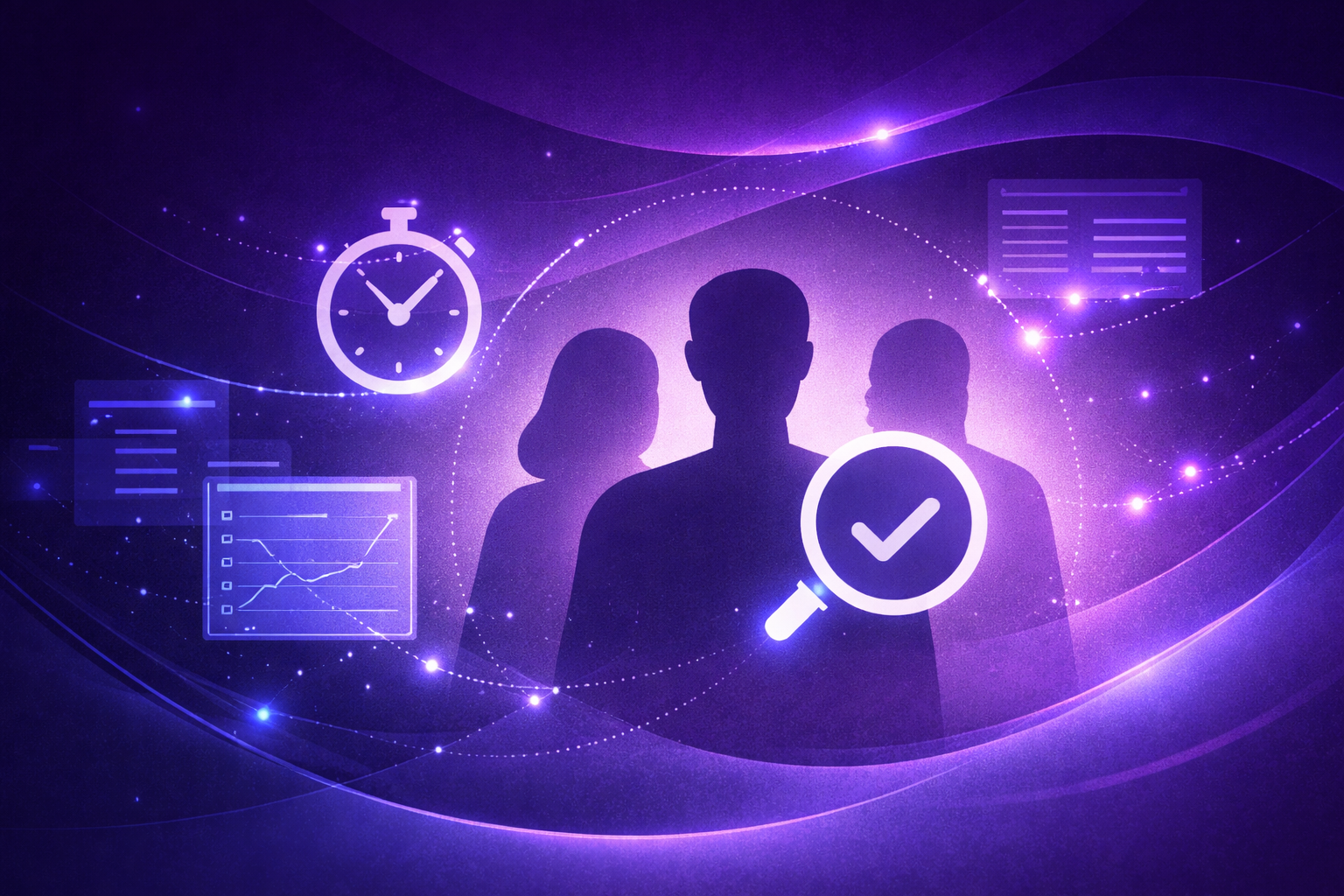Blogs
The 2024 Tech Landscape: Preparing Your Business for the Future

As we move further into 2024, technological innovation continues to evolve at an unprecedented pace, revolutionising the way businesses operate. In this fast-paced change, companies have a choice: adapt or risk becoming outdated. To stay competitive, companies must take a strategic approach: evaluating emerging technology trends and understanding how to leverage them. This requires proactive action and training for employees to not just survive but thrive in this new technological epoch.
But what are these tech trends causing discussions everywhere, and how are they set to change business models? And, importantly, how can businesses adjust to thrive in this new tech era? Whether you love tech, plan business strategies, or just want to stay up to date, this exploration will give you the knowledge to understand the future that's happening now.
Generative AI: The evolution in AI and ML
Artificial Intelligence (AI) and Machine Learning (ML) are no longer just buzzwords; they will continue to improve automation, decision-making, and personalisation in various industries. Generative AI, particularly is getting a lot of attention for its potential in AI/ML. By automating data classification and extraction, it allows employees with access to insights for informed decision-making.
Gartner predicts that GenAI will play a role in 70% of text- and data-heavy tasks by 2025, up from less than 10% in 2023.
This type of AI is expected to provide a high return on investment soon. The Australian market has seen a big increase in money going into AI/ML, particularly for Generative AI. This shows that people are starting to see the huge impact Generative AI could have on different industries.
Amazon has made a big move by putting $100 million into a new AWS Generative AI Innovation Centre. The goal is to speed up business innovation by using Generative AI.
This year, executives should adapt to GenAI changes, partnering with HR to assess its impact on roles and workflows. They should identify potential internal candidates for redesigned roles and evaluate its effect on hiring strategies, removing unnecessary technical requirements, and aligning assessments with new skill needs.
5G: The Connectivity Backbone
The rollout of 5G is a game-changer for Australian businesses, offering ultra-fast speeds and lower latencies. This enhancement in connectivity is catalysing the Internet of Things (IoT), smart cities, and real-time data analytics. Businesses need to harness 5G's potential to remain competitive, necessitating a workforce proficient in network engineering, cybersecurity, and IoT integration.
Cloud Computing: Cloud-Driven Transformation
With cloud computing's dominance in 2024, its benefits like cost reduction, scalability, and efficient collaboration are driving its adoption in Australia, increasing demand for cloud-skilled professionals. Essential skills include expertise in AWS, Microsoft Azure, Google Cloud, and cloud security. Understanding cloud architecture and integrating cloud services into workflows are also significant.
DevOps familiarity is advantageous for delivering applications and services swiftly. Soft skills like problem-solving, analytical thinking, and effective communication are crucial for interacting with stakeholders and resolving cloud issues. Amidst the cloud revolution, businesses should focus on upskilling their workforce and attracting new talent.
Internet of Things (IoT): A Web of Interconnectedness
IoT's expansion is transforming everyday business operations, enabling real-time monitoring, predictive maintenance, and enhanced data-driven decision-making. Australian industries are integrating IoT solutions at a pace that surpasses many global counterparts, especially in agriculture, manufacturing, and healthcare sectors.
Given the immense potential and wide-ranging applications of IoT, roles such as IoT architects and software developers with specialised experience in IoT platforms are becoming increasingly crucial. These professionals will play an integral part in helping businesses harness the power of IoT technology to drive innovation and growth.
They will be responsible for creating robust IoT architectures, developing software to handle IoT data, and ensuring the security and integrity of IoT systems. Therefore, businesses looking to leverage this transformative technology need to prioritise recruiting and developing talent in these areas.
Quantum Computing: The Next Frontier
Quantum computing, set to revolutionise industries like cryptography and climate modelling, is attracting investment from Australian enterprises and research institutions. This technology's potential is immense, but it's still in its early stages. To stay ahead, businesses should invest in research, development, and identify use cases within their organisations.
Developing internal capabilities through staff training is also crucial. Despite the small talent pool in quantum computing, it is expected to expand as the technology becomes mainstream. While quantum computing offers enormous potential, it also presents new security and infrastructure challenges. Hence, proactive strategies are needed to mitigate these risks.
Preparing for the Future
The current trends show it's important for businesses to get ready for the tech changes coming in 2024 and beyond. Companies that can adapt to these changes will have an edge. By investing in the right tech, training their team, and planning, these businesses will be well-positioned to do more than just survive - they can thrive. Adapting won't be easy, but with the right attitude and resources, it can be a chance for growth and new ideas.
If you need support from a specialist to grow your team, better understand the current market and set your strategy for 2024-25, don't hesitate to
contact us.
